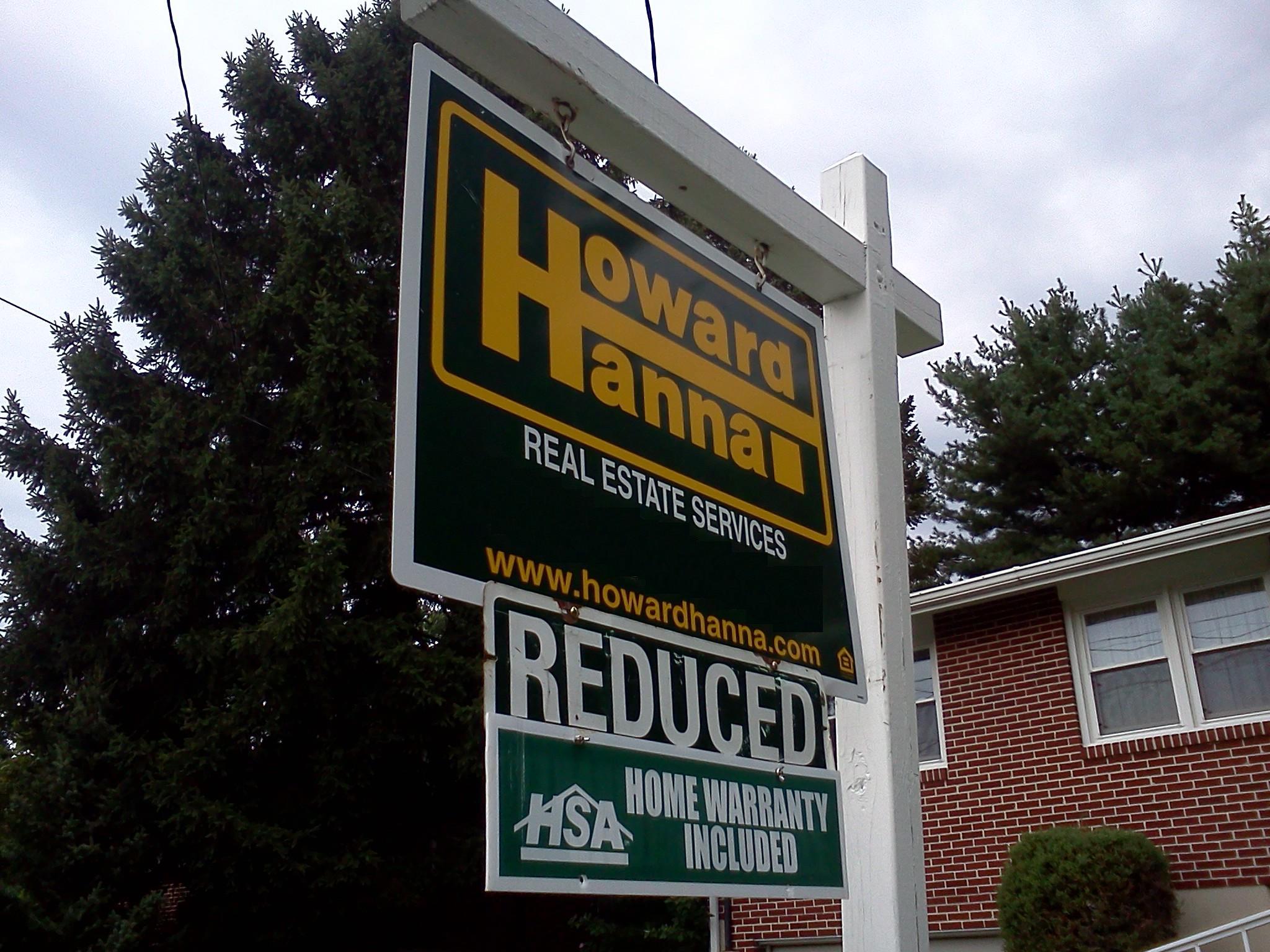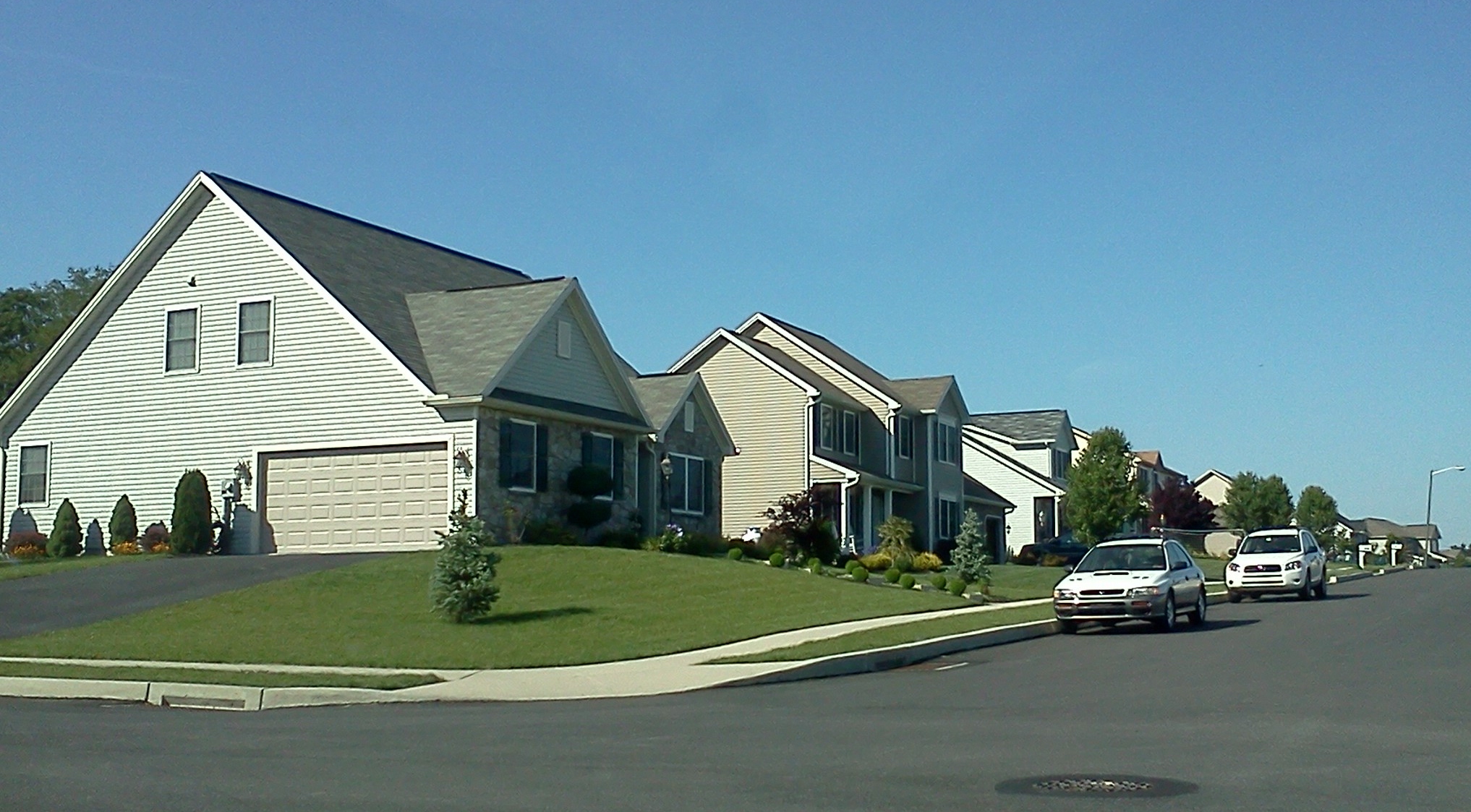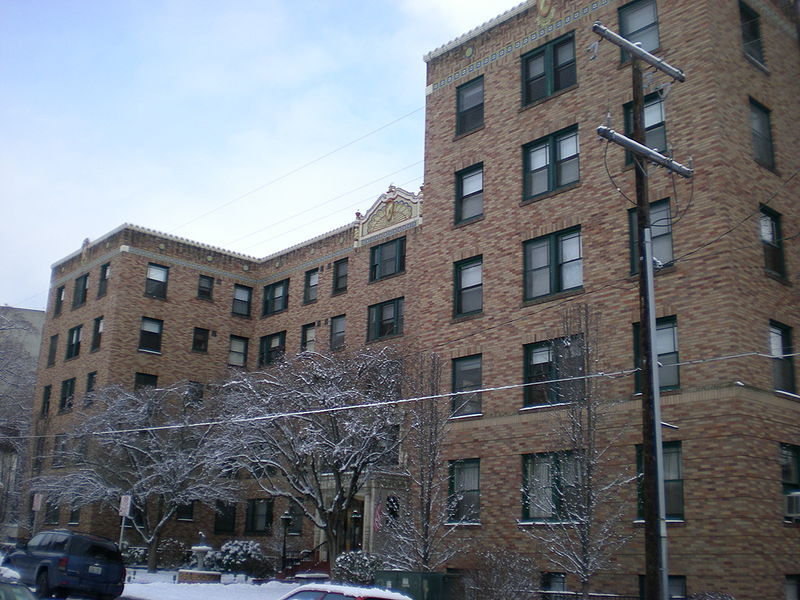Housing Market is Recovering
With consumer confidence up and mortgage rates down, the housing market is making a slow but steady recovery. “Right now, I think, is a good time to buy because house values are still low,” says Kate Newton, Pennsylvania Housing Finance Agency (PHFA) Director of Homeownership Programs. “Especially in Pennsylvania there really aren’t any more signs – that we should expect anyway – for house values to decrease.”
The Pennsylvania Builders Association reports that new home permits are up 14% year-over-year, another sign that Pennsylvania’s housing recovery is underway.
Newton says Pennsylvania was fortunate not to have a huge ‘housing bubble,’ so our housing market did not fall as far or as hard as it did in other states. Appearing on WITF’s Radio Smart Talk, Newton noted that housing markets will vary locally. The PHFA has recently released county-by-county data on housing availability and affordability.
The latest update from Freddie Mac indicates that mortgage rates are near record lows (3.34% for a 30-year fixed-rate loan), and the National Association of Realtors reports that pending home sales are at their highest levels since March 2007.






